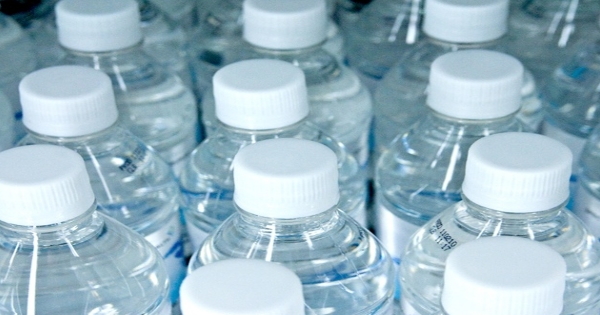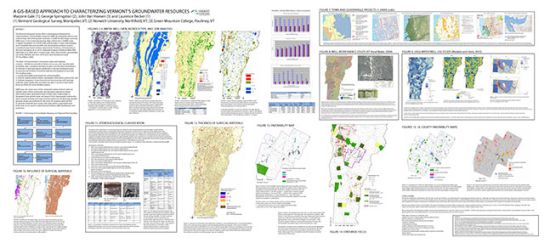Publications - Groundwater Resource Maps and Reports
Statewide Groundwater Studies: Compilation and assessment of existing datasets, 2010.
Town and Watershed Groundwater Studies provide groundwater data for sustainable use and protection of water supplies and to understand water and human health issues.
County Groundwater Resource Maps were produced at a scale of 1:100,000 based on the statewide analyses.



